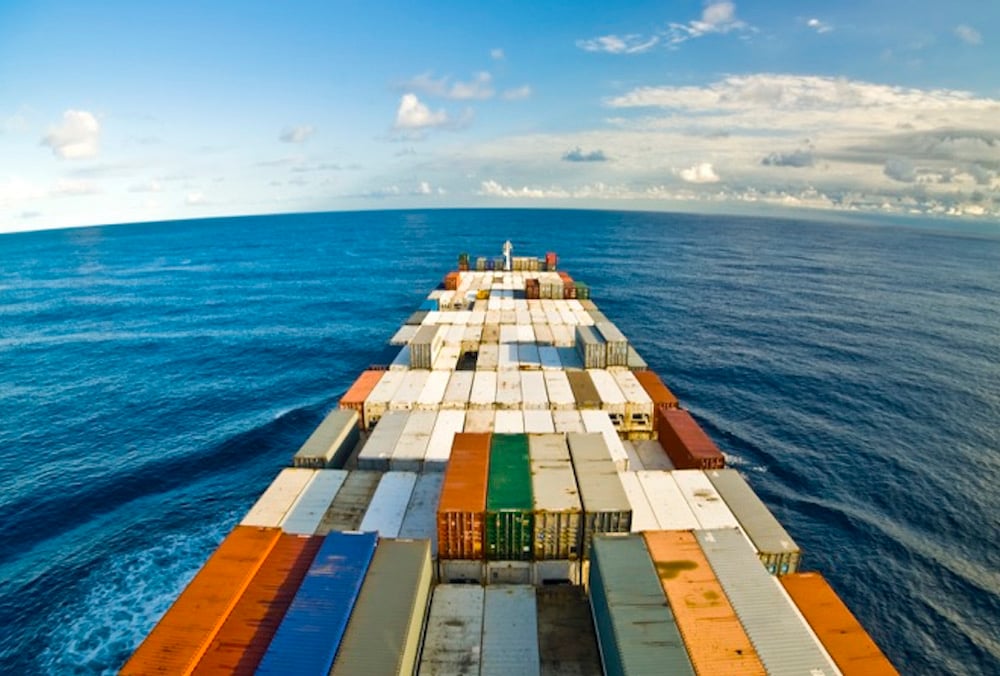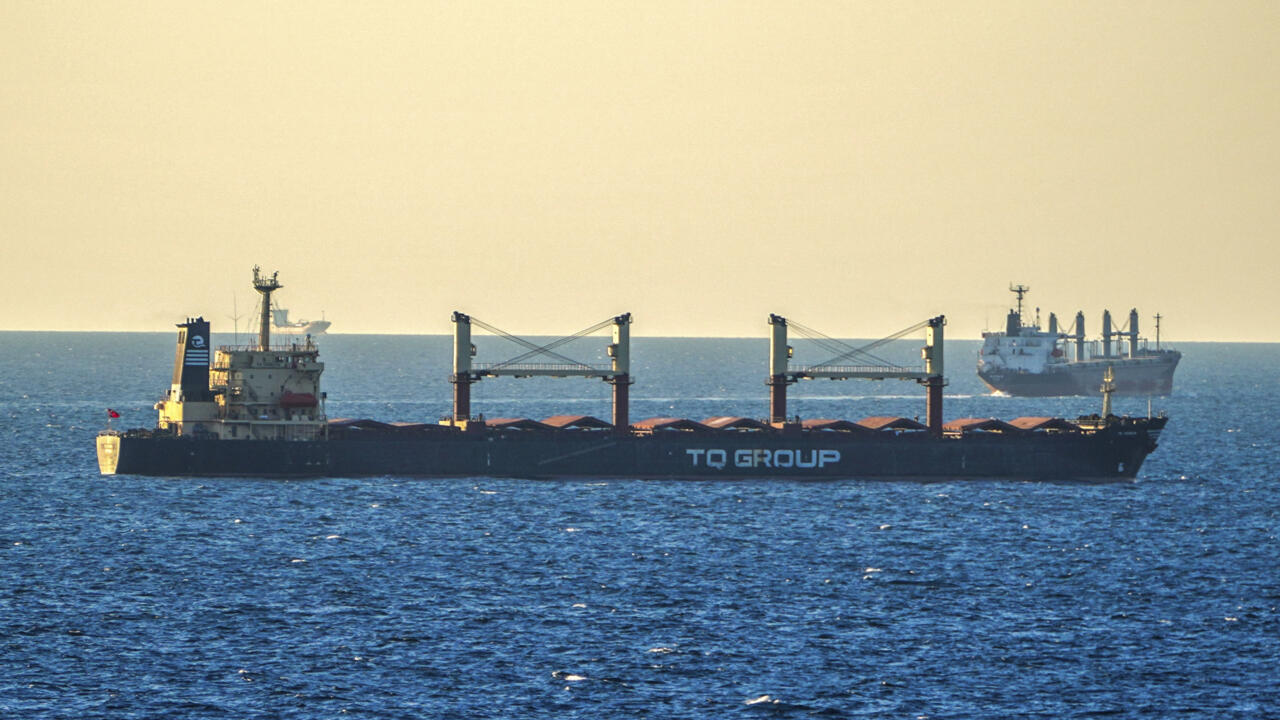On September 12, a Russian missile struck a cargo ship transporting Ukrainian wheat to Egypt via the Black Sea, as reported by President Volodymyr Zelensky.
Ukraine had to establish a new Black Sea export route last year after Russia unilaterally withdrew from the Black Sea grain deal. Originally intended as a humanitarian corridor for ships stranded since the onset of the full-scale war, this route has since evolved into a major trade pathway.
Ukrainian vessels going through this route face regular threats of attack from Russia. In addition to these risks, mines have been drifting along the trade route since the war began, further endangering maritime transport.
“The internal stability and livelihoods of dozens of countries across various regions depend on the smooth and uninterrupted functioning of our food export corridor,” Zelensky emphasized.

Cargo Ship Attacked in Black Sea (Photo: Thinkstock)
He highlighted that Ukrainian food supplies are “critical” for nations in Africa and the Middle East. Preliminary reports indicated that there were no fatalities in the missile strike.
Zelensky stressed that Ukraine plays a crucial role in global food security and reaffirmed the Ukrainian government’s commitment to doing “everything possible” to safeguard its ports and continue supplying food to the global market.
“We are awaiting the world’s response. Wheat and food security should never be a target for missiles,” Zelensky added.
According to the Infrastructure Ministry, since the temporary Black Sea corridor began operating, Ukraine has exported over 64 million metric tons of goods to 46 countries. This includes 43.5 million metric tons of agricultural products shipped via the Black Sea over the past year.











































